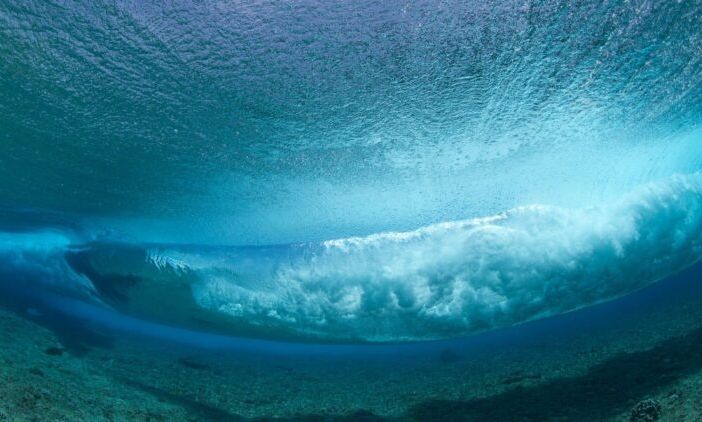OTEC’s objective is to exploit temperature differences in ocean water, particularly in tropical areas where a significant contrast exists between warm surface waters and cold depths. The system comprises three main components: an evaporator, a turbine, and a condenser. Warm surface water is drawn into the evaporator, heating a working fluid—typically ammonia or refrigerant—which evaporates and drives a turbine to generate electricity. The resulting cold gas is then condensed back into liquid form using cold water from the ocean’s depths.
Moreover, OTEC can facilitate desalination, providing fresh drinking water to coastal communities struggling with freshwater shortages. By leveraging thermal gradients in the ocean, OTEC addresses both energy and water needs, presenting an attractive solution for vulnerable coastal areas.
In terms of environmental benefits, OTEC stands out as a sustainable energy source that provides a steady supply of energy while conserving natural resources. It operates with minimal greenhouse gas emissions, reducing carbon footprints and promoting energy independence, thus offering valuable solutions for local and global energy challenges.
Since 1974, the U.S. Navy has led research on OTEC, establishing the Hawaii Ocean Energy Test Facility as a primary testing site. A 250-kilowatt demonstration unit operated there from the 1990s until 2000, and since 2015, a new facility has been supplying the local grid. Countries like Australia are also exploring OTEC technology to provide energy and desalinated water to island communities.
Despite its promising prospects, OTEC faces significant challenges, including high costs, infrastructure development, and concerns regarding environmental impacts. The technology remains in its early stages of commercialization, competing with traditional fossil fuels that are more readily available.
With the continuous evolution of the ocean energy industry, overcoming these obstacles will be crucial for successful implementation. Additional forms of ocean-based energy, such as tidal and wave energy, are also being explored. Tidal energy can be harnessed through tidal range systems, which utilize potential energy from elevation differences, and tidal current systems, which capture kinetic energy from water flows. Wave energy focuses on converting ocean motion into electrical energy.
OTEC offers an opportunity for both sustainable energy and the provision of freshwater, especially in tropical regions facing water shortages. Continued innovation and investment in this technology are critical for unlocking its full potential. By effectively harnessing the vast energy of the oceans, it can significantly benefit coastal areas and support global renewable energy goals, ultimately leading to a cleaner future.
Πηγή: newsbomb.gr
